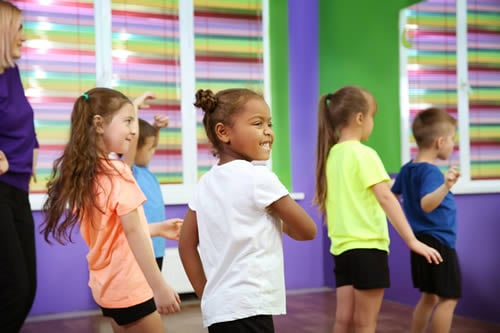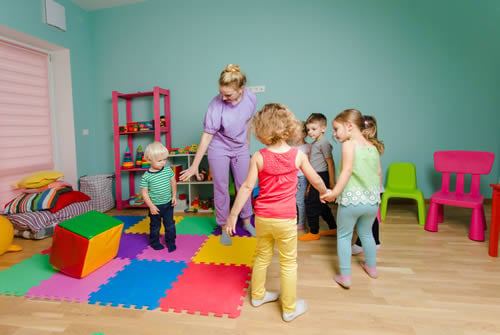You might imagine that school drama lessons would give kids with SEN the perfect opportunity to improve their confidence and social skills along with boosting reading ability and memory. Sadly, some families report that their children are not always equally included in performance classes and can even be actively discouraged from taking drama exams.
“My son, who has autism and ADHD, was at a mainstream school and really struggling,” says one mum. “However, he enjoys performing and wanted to take drama GCSE but the teacher wrote to me, strongly advising that he dropped the subject. He said a lot of group collaboration would be needed and because my son struggles with social situations, it would affect the other pupils’ grades. I could kind of see the teacher’s point but it was still pretty sad that the exam system didn’t allow him to join in. I’ve heard other parents of children with special needs saying the same thing.”
Performing Offers Freedom

Paradoxically, many people who work in the performing arts maintain that drama activities can be hugely beneficial to children with neurodiversities or those that are struggling with emotional or mental health issues.
Alison Chaplin, who lives in Manchester, is an award-winning playwright, director and drama teacher who has worked in a youth theatre for more than a decade and run summer-school performance courses.
“I firmly believe that, if we are integrating kids with special needs into mainstream schools, that integration has to be full and fair,” she comments. “It takes a lot of planning to ensure that activities are differentiated properly for them, and as a teacher, you also have to ensure that the atmosphere is fully supportive and enabling. But there’s really no decent reason why kids with special needs should be excluded from any collaborative activities.”
Kids With SEN Want to Join in and be Creative

Alison’s main experience of working with kids with SEN, she says, is through her holiday workshops where participants have to work together to devise a play in one week. “We’ve had a range of kids from different backgrounds and some of them, mainly boys, have had ADHD, Asperger’s and dyslexia,” she recalls. “They got a huge amount out of the classes. They all seemed to want to do something creative and had amazing imaginations. They gained a sense of collaboration and belonging, a shared experience and the opportunity to be themselves.
“For students with challenging behaviour or problems interacting, drama provides an opportunity to let off energy within the boundaries of the lesson itself,” she advises. “It also boosts the communications of students with special needs. Group negotiation and communication skills developed through drama can feed back into other subjects.”
Provide Constructive Criticism with Sensitivity

It’s essential as a drama teacher, she says, to create an atmosphere of trust with the students and help those with particular difficulties to recognise that they have as much right to be there as anyone else. One way to do so, she points out, is to notice when a child has wandered off during rehearsals. “If they’ve become physically separated from the rest of the group, they’re probably emotionally separated, too. You have to bring them back together.
“You also have to bear in mind that some people with ADHD can be very sensitive to rejection,” Alison adds. “They can find it very difficult to accept negative feedback about their work so you have to be very careful how you say things.”
Alison also runs, ‘Arts on the Move’, a website offering advice and support on the performing arts to professionals, families and budding actors all round the world. The site also offers the following tips on teaching drama or performance to kids with SEN –
- Sitting everyone in a circle and playing games encourages turn-taking and communication.
- Allowing children to sometimes participate in activities using mime or gesture instead of words can be helpful for reluctant speakers, while other children may be more comfortable acting as a narrator or making notes while others perform.
- Give students the opportunity to work with others in twos or threes, partnering more confident students with those who struggle.
- For students who are less confident with reading, get them to learn a line of dialogue by repeating it before they see it on the page.




